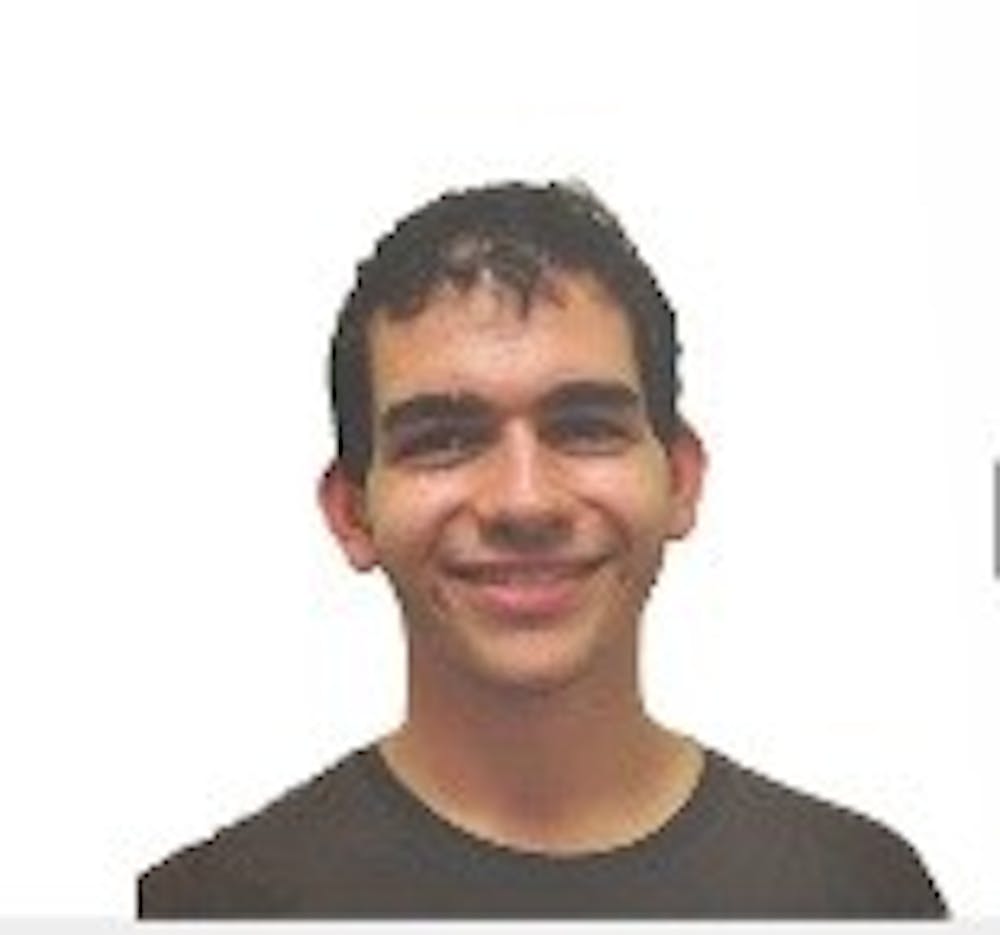Students often treat studying abroad as an isolated experience. But in reality, it’s about rediscovering ourselves in an entirely new context.
I remember talking to my friend Susanna before I left, “Mexico will be different, sure, but it’s not like you’re starting over.”
She’s right. Not only are my friends just a Facebook-click away, but I also carry with me the strength and security of my years growing up in Baltimore and studying in D.C.
It’s a balancing act. I’ll bring my identities with me across the border—I hope they fit in my suitcase!—but there’s no guaranteeing they’ll be the same ones I return with. That’s the scary part about opening yourself up to a new country and culture, you start to question what you have already taken for granted.
What does it mean, for example, to be white at a Mexican university? How do I examine the intricacies of white privilege while three buildings down my friend is singled out as the only blonde student—¡rubia!
Walking to class or shopping for groceries I can feel the heat of staring eyes, burning questions at a rate my halting Spanish could never keep up with. I’m conscious of my pale skin, flawed accent, and lack of cultural competence – if only I could speak like a mexicano!
Yet how can I complain about my white skin when the praise I’ll receive back home for learning Spanish will never extend toward native speakers?
With half the library`s collection in English, Rihanna blaring from taxis and bodegas, and my suitemates clustered around their Xbox, I realize that my models of social justice have not prepared me for this moment.
But who am I to tell my classmates that they’re oppressed when to them it’s culture, not cultural imperialism?
There’s this tension of not fully understanding the meaning that my race conveys. It would be a mistake, however, to pit my experiences in Mexico against the sociological models, peeling back their respective layers as if in search of an objective truth.
The truth is that neither invalidates the other, and this cultural collision is an opportunity to facilitate conversation between various perspectives. By disrupting ‘normal’ narratives and stretching them to integrate new experiences, in fact, I’ve begun to change.
I hear that it’s tough coming back to friends and families, struggling to explain that you’re not the same person anymore. You’ve changed. But these changes can’t be measured in Facebook albums or long-winded anecdotes (“you had to be there”).
It’s not even that your old perspectives have been swapped with new ones – that’s not how it works. Your study abroad experience, rather, has fused with your identity to create something entirely new. Something you may not entirely understand yourself, much less articulate to others.
Derek Siegel is a junior in the College of Arts and Sciences and is studying abroad in Puebla, Mexico. He will be writing a monthly column about his abroad experience.




